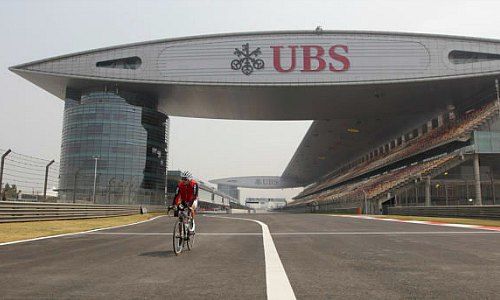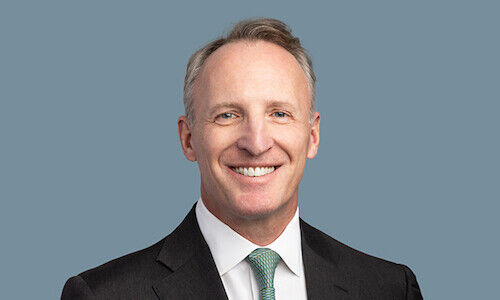Formula 1 motor racing used to attract droves of sponsors from the financial industry. Today, UBS is the industry's last representative as a backer of the sport. How does its involvement fit with the drive to be a sustainable bank?
Switzerland knew two major bank bosses with a strong affinity to motor racing: Eduardo «Eddie» Lehmann, CEO of Falcon Private Bank until 2016. His bank used to back the Toro Rosso team for a couple of years. The other famous banker was Oswald Gruebel. One of his employers, Credit Suisse, was the main sponsor of the Hinwil-based Sauber F1 team, and his other bank, UBS, took over as a major sponsor of the whole racing series.
The sport remains banned in Switzerland due the risks that are associated with it, but still attracts billions of viewers across the globe. Lehmann was very frank in his assessment of the rationale behind his investment in F1: the rich love what they can’t get, and the F1 series isn’t easily bought, he used to say.
Last Bank Standing
Both Lehmann and Gruebel are out of their jobs – while UBS remains a sponsor of F1, a deal that is in its ninth year. The Swiss are the last among the major global banks to be sponsors of the biggest motor-racing series, French newspaper «Les Echos» noted recently.
The financial crisis put paid to many great sponsorship deals and ING was quick to pull the plug on its support of F1. Both ABN Amro and Royal Bank of Scotland (RBS) followed suit. In 2017, Spain’s Santander exited the business of motor racing by quitting as sponsors of Ferrari.
A Symbol for Egotism and Risk-Taking
«Les Echos» suggested that F1 represented pretty much everything that banks wanted to leave behind them after the financial crisis – egotism, a focus on risk and speed, the destruction of the environment and noise pollution.
UBS begged to differ. The bank said it was extremely proud about the cooperation with its partners in Formula 1 in a response to an inquiry from «Les Echos». UBS also told finews.com that the sponsoring deal allowed it to conduct its business and build relationships with clients, when asked about the impact on its reputation as a sustainable bank. It was to remain a F1 sponsor as long as it made sense for its brand.
Boosting Global Recognition of Brand
The sponsoring of F1 undoubtedly will enhance the global recognition of a brand and UBS focused mainly on Asian markets such as Singapore, Kuala Lumpur, Shanghai and Abu Dhabi, places where F1 has races taking place each year.
The volume of the deal is not known. In 2014, the bank confirmed a payment of 30 million francs, with insiders saying that this figure did not include the invitations to 1,000 of its clients to events across the world. The whole package seems to have reached a figure in the three-digits under Gruebel’s tenure – every year.
Striking a Balance
UBS obviously knows that F1 racing isn’t congruent with a promotion of social and ecological values. But in its response to «Les Echos», the bank said that a balance was struck between a pursuit of its business by sponsoring F1 while attempting to improve its ecological footprint on ongoing basis.
It also said that F1 had been the first international sports event to start compensating its carbon dioxide output. The series, the argument goes, has been CO2-neutral since 1997, long before others followed suit.
Evidently, UBS would have liked to become a main sponsor of the Formula E racing series, which boasts a more environmentally friendly package. Alas, Julius Baer, the Swiss private bank, was quicker to put its pen to paper.


























